Keywords: Nature
There are more than 200 results, only the first 200 are displayed here.
-
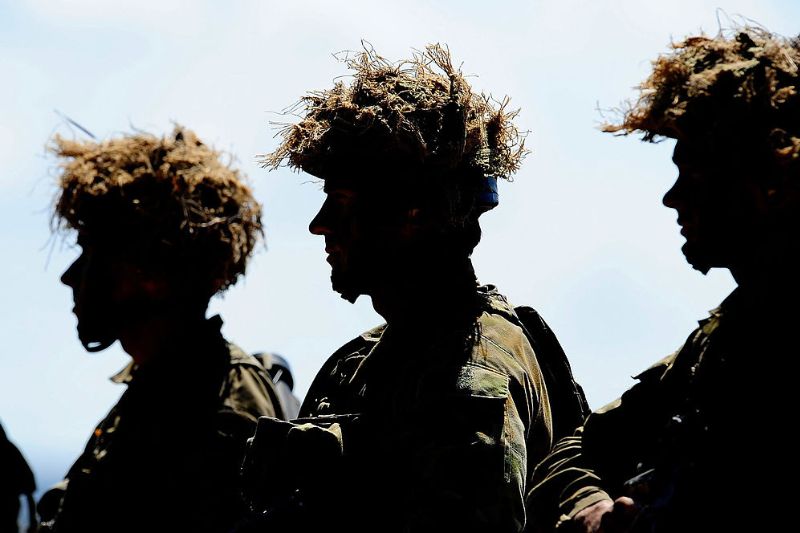
INTERNATIONAL
- Binoy Kampmark
- 27 April 2023
With the prosecution of low-level soldiers like SAS trooper Oliver Schulz for war crimes in Afghanistan, we should consider: what is the scope of accountability for war crimes under international and Australian law, and how does it apply to commanders who should have known about the crimes?
READ MORE
-
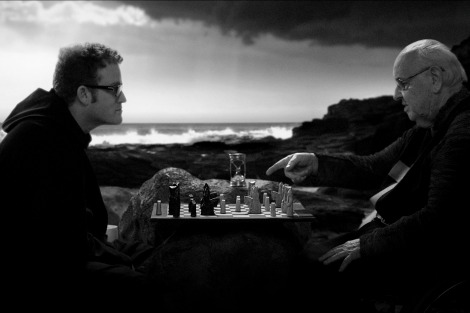
ARTS AND CULTURE
- Tim Kroenert
- 20 April 2023
2 Comments
For Father Bob, being a priest entails getting his hands dirty, giving everything of himself, and doing what he thinks is right, even if doing so upsets power structures; especially if it upsets power structures, if they have contributed to the plight of the downtrodden. (From 2013)
READ MORE
-
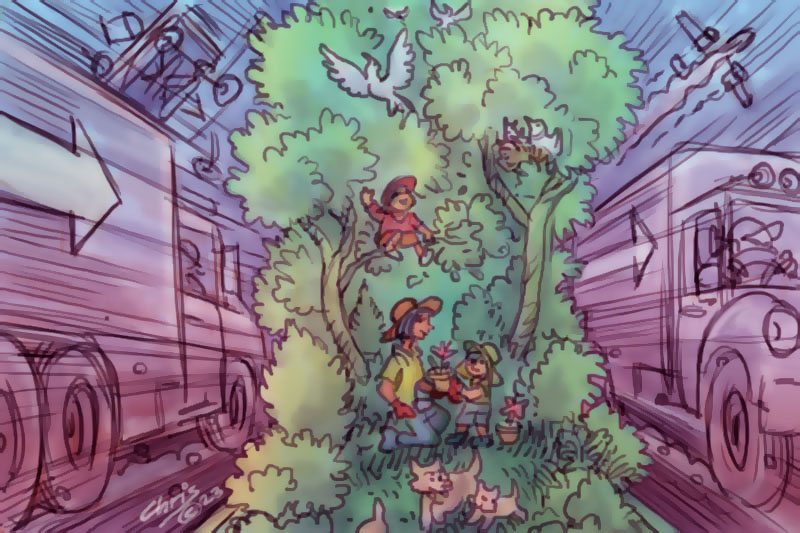
ARTS AND CULTURE
- Barry Gittins
- 18 April 2023
Near-death experiences can serve as stark reminders of the fragility of life, prompting us to cherish the moments that transcend routine and monotony. Whether it's the wit of a child, the intimacy with a partner, or the tranquility of nature, these moments awaken us to the gift of life.
READ MORE
-

AUSTRALIA
- Michael McGirr
- 14 April 2023
5 Comments
What are the implications of widespread use of Metformin, Pembrolizumab, or Nivolumab, and what do they say about us? Featuring a humourless pharmacist and a thick wad of prescriptions, the story of our complicated relationship with pharmaceuticals is a meandering map of the human condition.
READ MORE 
-
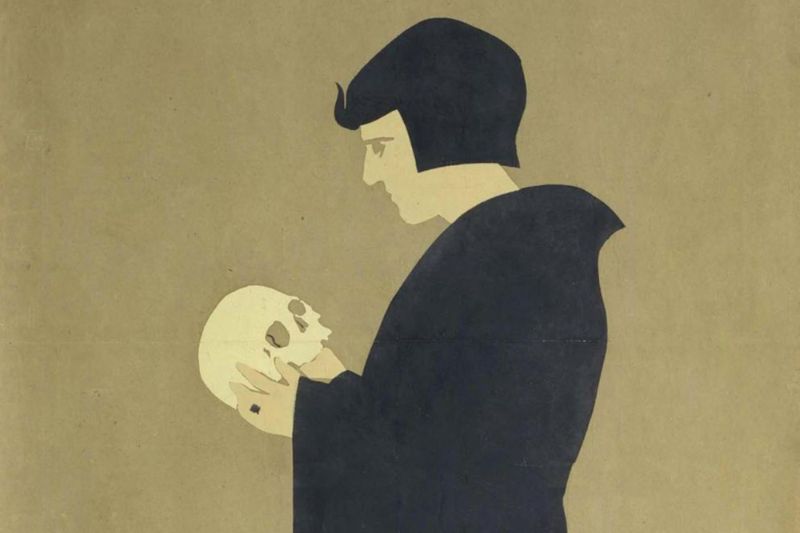
RELIGION
In a world where we are constantly faced with life's fragility, it's no wonder that we find ourselves wondering what lies beyond. Is it the bright promise of immortality, or the endless cycle of birth, life, death, and rebirth? Or perhaps nothingness? When contemplating the 'thereafter,' what can we hope for?
READ MORE
-
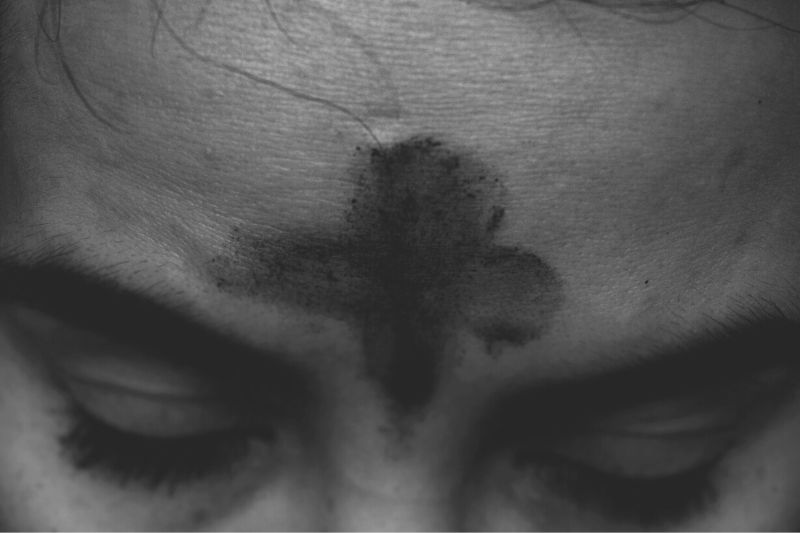
RELIGION
- Simon Smart
- 04 April 2023
3 Comments
In a culture that shies away from ageing and death, the annual ritual of Ash Wednesday is a sobering reminder of our vulnerability and mortality. However, it also invites us to reflect on our failures and fallibility, and to recognize that life is not all about us, but about how we relate to others and contribute to their betterment.
READ MORE
-
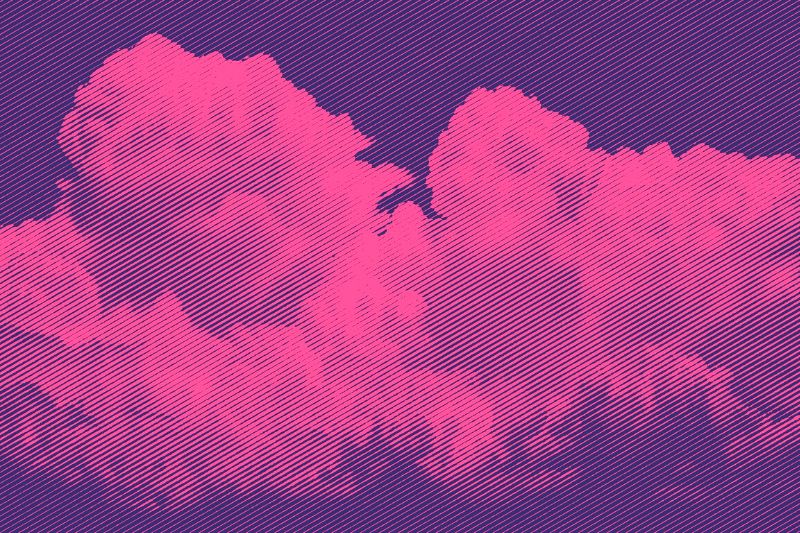
ECONOMICS
- David James
- 03 April 2023
As the collapse of Silicon Valley Bank, Signature Bank, and Credit Suisse poses a renewed threat to the global financial system, the question arises: how can we manage out-of-control debt? With global debt exceeding 230 per cent of GDP, could nationalising banks be the solution to the ongoing crisis, or will the debt merry-go-round continue to spin out of control?
READ MORE
-

ARTS AND CULTURE
- Barry Gittins
- 30 March 2023
5 Comments
In a world of differing opinions and clashing worldviews, finding common ground can be a challenge. But by staying curious and open-minded about others' experience and practicing patience and compassion, we can learn to work alongside others with different viewpoints.
READ MORE
-

INTERNATIONAL
- Andrew Hamilton
- 30 March 2023
4 Comments
The decision by Australia to buy nuclear submarines from the United States and Great Britain inevitably prioritize security over justice, equality, and fraternity. As the world faces the threat of catastrophic global warming, it is time to ask whether submarines are the answer, or whether they distract us from the far greater challenge posed by nature itself.
READ MORE
-
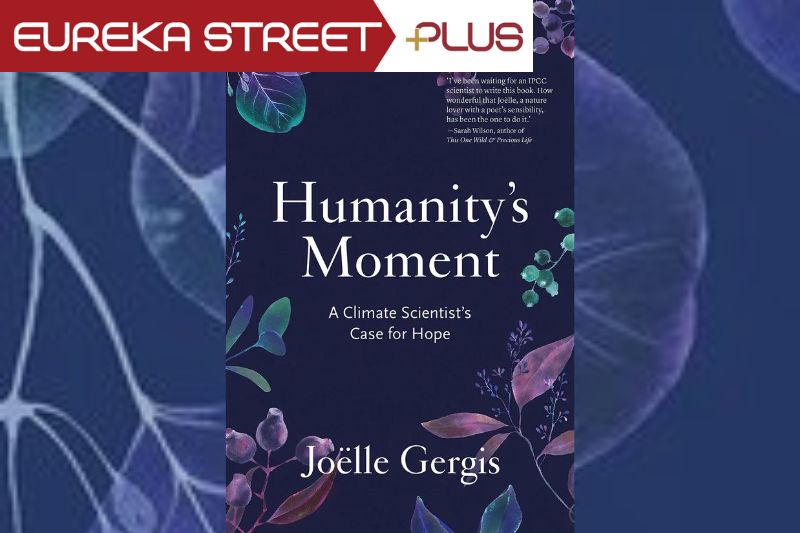
ENVIRONMENT
- Michele Gierck
- 24 March 2023
Climate science doesn't make for comfortable reading. As the climate crisis continues to escalate, Dr. Joëlle Gergis, prominent climate scientist and one of Australia's lead authors of the IPCC Sixth Assessment Report, offers readers a unique perspective on the urgent need for mass climate action and why we have reason to hope.
READ MORE 
-
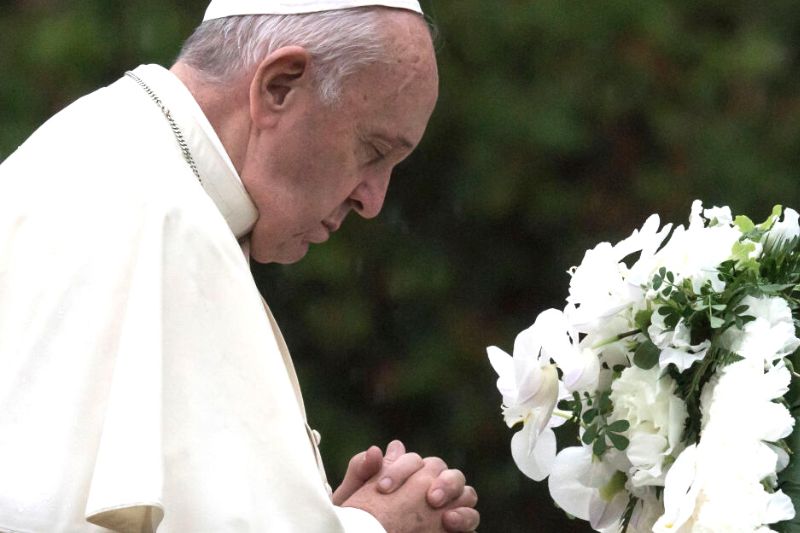
RELIGION
- Andrew Hamilton
- 23 March 2023
10 Comments
Pope Francis's ten-year papacy continues to surprise and puzzle observers measuring him by liberal and conservative polarities. But to understand his actions and words better, it's important to recognise that his framework is not derived from contemporary culture but from Christian faith.
READ MORE
-
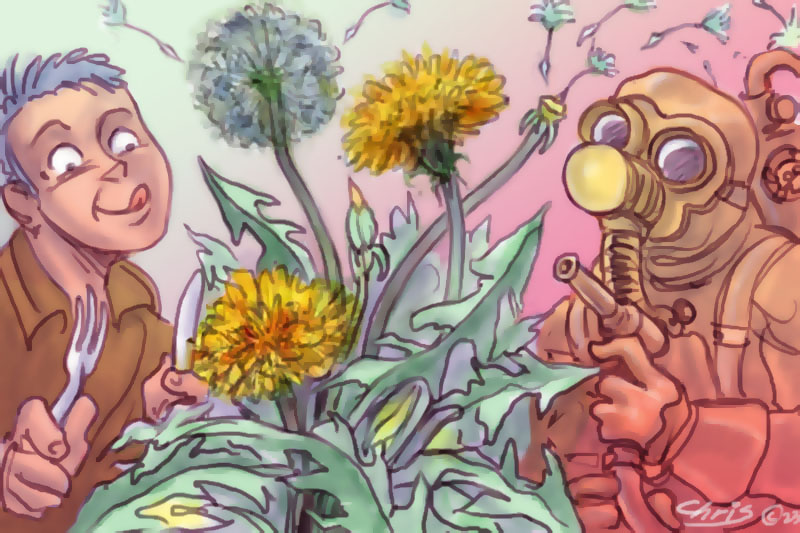
AUSTRALIA
- Andreana Reale
- 21 March 2023
1 Comment
In a world where we rely on the market for our daily sustenance, have we forgotten about the edible plants growing in our own backyards? Despite the billions spent on herbicides to dispense with so-called weeds, these plants were once a vital part of our diets and have since been forgotten.
READ MORE